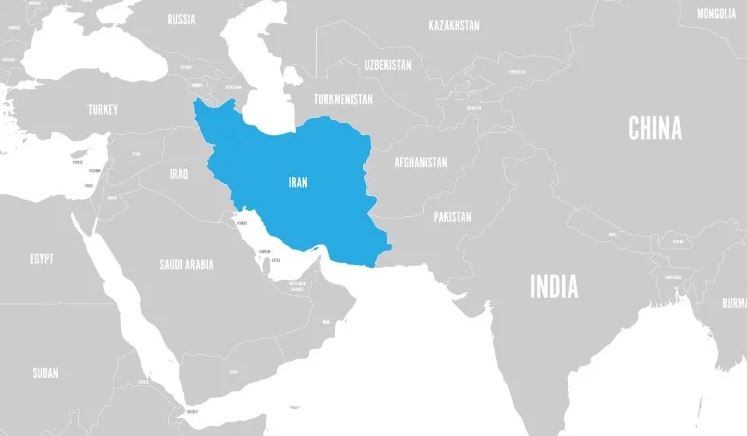Prime Minister Scott Morrison has indicated Australia will join a multinational peacekeeping force to protect freedom of navigation in the Gulf, but at this stage, he has not indicated what form Australian participation might take.
Speaking to reporters after a conversation overnight with newly-installed British Prime Minister Boris Johnson, Morrison said Australia was “looking very carefully at an international, multinational initiative” to provide a peacekeeping role.
But given the recent experience of Australia too hastily joining an American-led Iraq invasion of 2003, with disastrous consequences, Morrison and his advisers need to ask some hard questions — and set clear limits on any Australian involvement.
It is not clear the extent to which the prime minister and his team have interrogated the risks involved before acceding to an American request for some form of military contribution to policing one of the world’s most strategically important waterways.
Nor is it clear what form Australian engagement might take to deter Iran’s threats to tanker traffic. This includes its seizing of a British-flagged vessel.
Options include sending a warship or warships to join peacekeeping patrols under American command or stationing surveillance aircraft in the region to monitor ship movements through the Strait of Hormuz.
The operative words in the above paragraph are “American command”.
Any peacekeeping mission might be presented as a multinational exercise, but in effect, the preponderance of American power, including an aircraft carrier battle group, means Americans would be in command.
Read the article by Tony Walker in The Mandarin.

